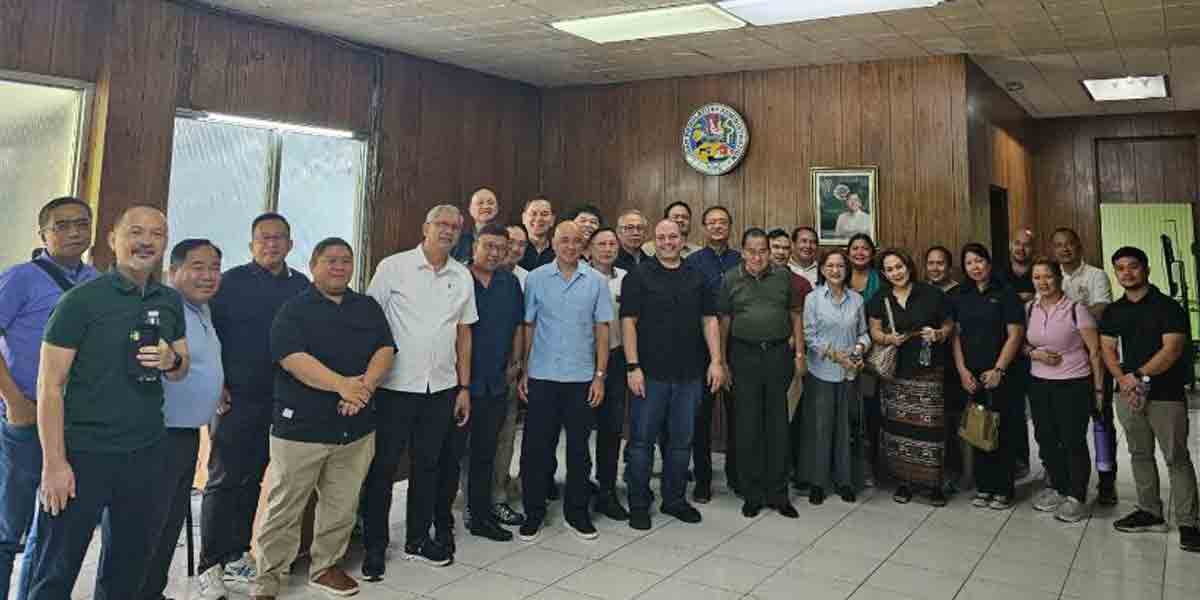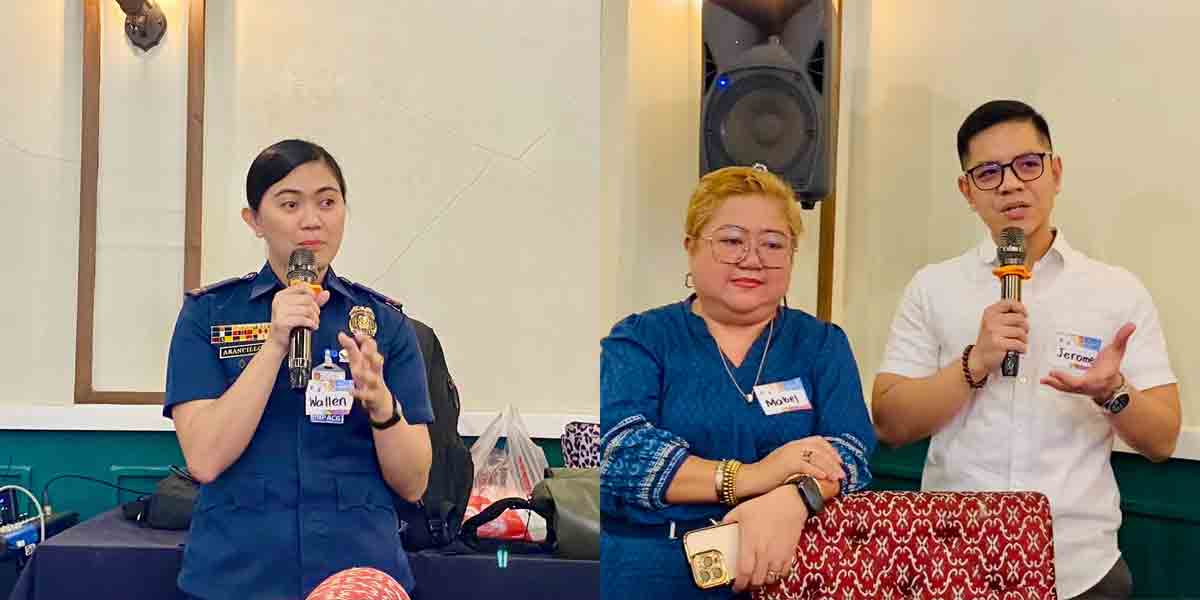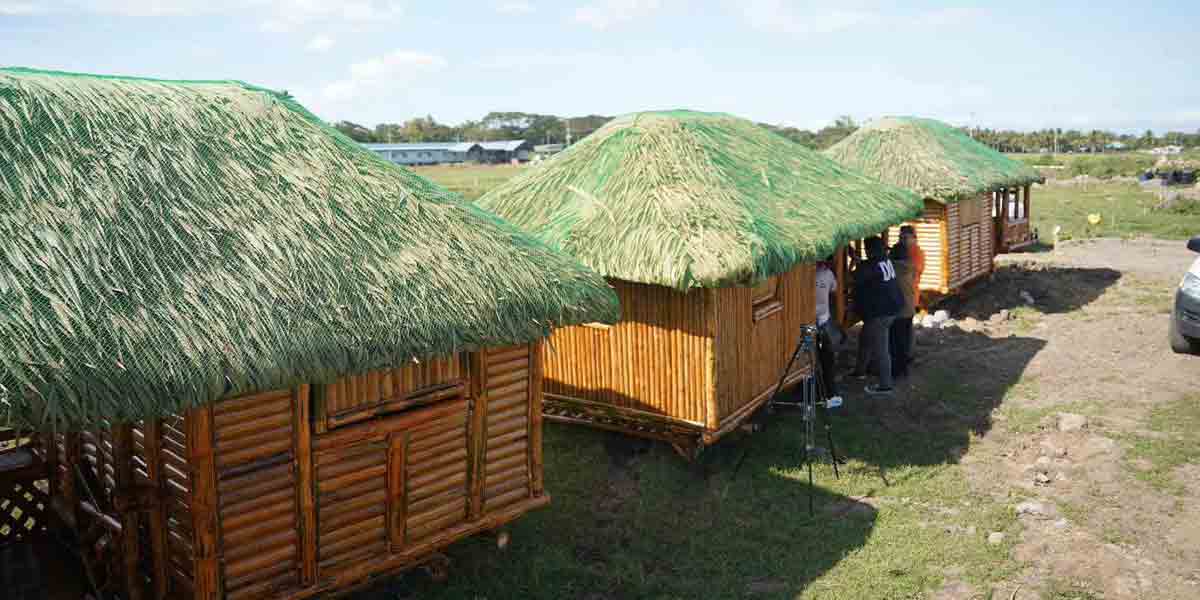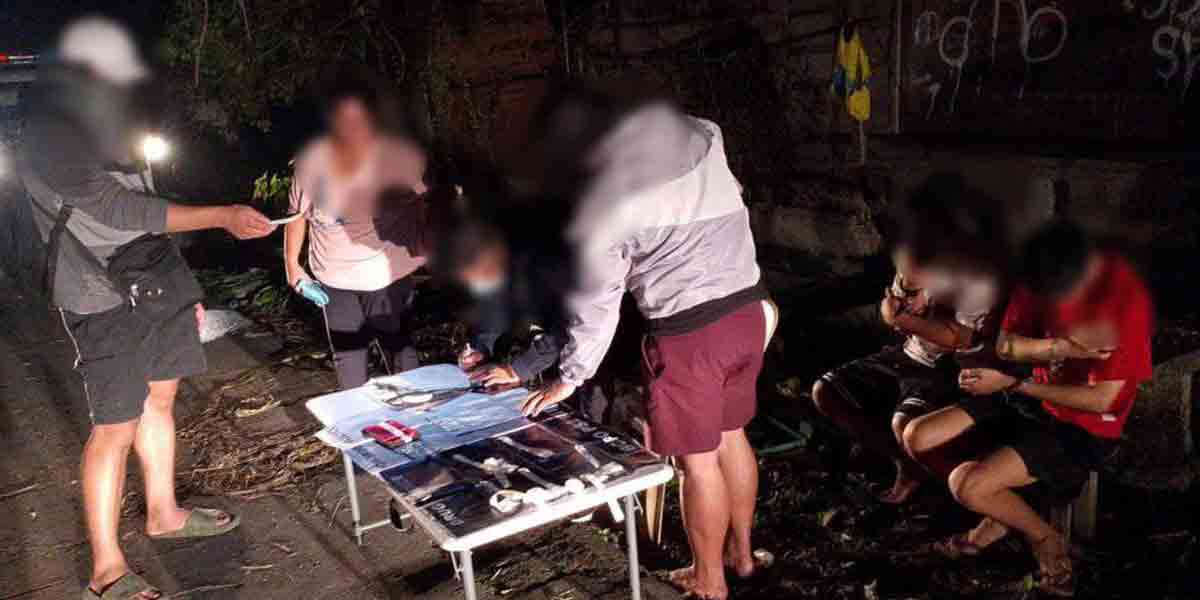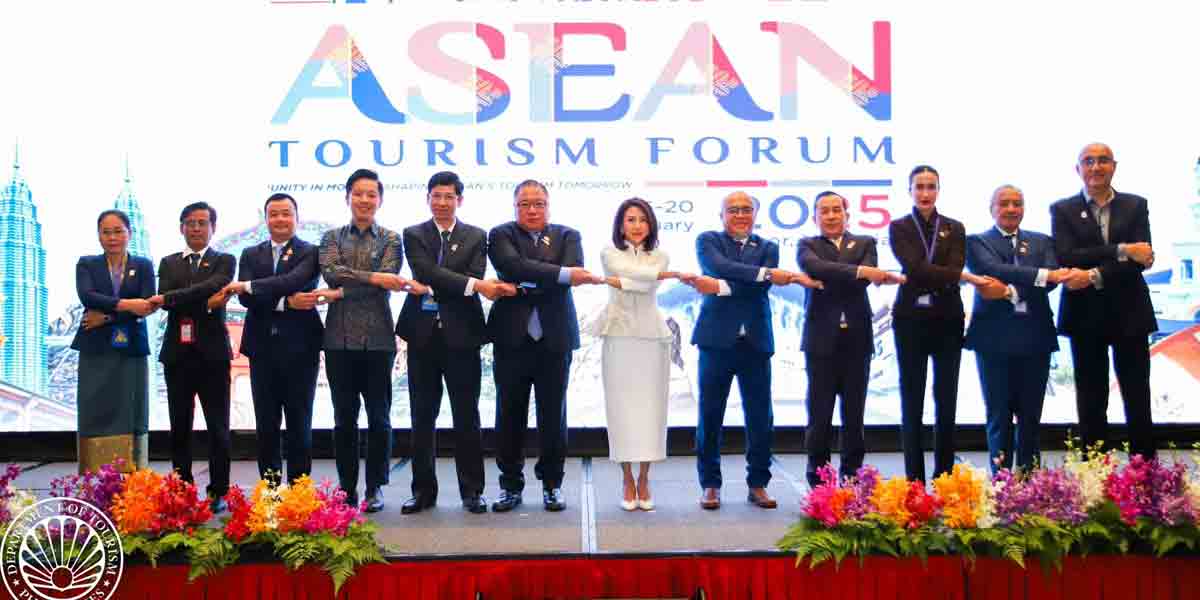
Department of Trade and Industry (DTI) Secretary Ramon Lopez reported that DTI shall reimpose the mandatory certification of locally manufactured or imported plywood. This is to assure customers that all plywood products would go through rigorous quality checking.
“Unfair competition from imported substandard plywood threatens not only public safety, but also the local manufacturing industry, which plays a vital role in the recovery of our economy,” Trade Secretary Lopez said.
“While consumer safety has always been our priority, this is also our way of protecting legitimate manufacturers and importers, especially during this time of the pandemic,” he added.
The DTI, through the Bureau of Philippine Standards (BPS), will begin audit/inspection, sampling, and testing of the quality of locally manufactured or imported plywood with the issuance of Department Administrative Order (DAO) No. 20-06, Series of 2020, which prescribes The New Technical Regulation Concerning the Mandatory Product Certification of Plywood effective 30 October 2020.
“Regulating plywood is part of DTI-BPS’ mandate to establish standards that will ensure the production and distribution of quality products for the safety of the consumers,” the trade chief said.
Under the DAO, only plywood sourced from plywood manufacturing plants with valid Philippine Standard (PS) Quality Certification Mark Licenses will be permitted to be distributed, sold, and used in the country. The PS Quality Mark Licensing Scheme will be available to both local and foreign manufacturers selling or distributing plywood in the Philippine market.
The documentary requirements for the application for a PS Licensing Scheme include a duly accomplished form authenticated by the Philippine Consulate, DTI Certificate of Business Name Registration for sole proprietorships, Securities and Exchange Commission (SEC) Certificate of Registration for corporations, the latest Income Tax Return, Quality Management System (QMS) Manual for the product applied for, and an oath of undertaking signed by the applicant.
Upon confirmation of the completeness and compliance of the documentary requirements, BPS, DTI Regional/Provincial Office (RO/PO) or BPS-recognized auditing body, will conduct a factory and product audit. The PS License will only be issued upon satisfactory result of the factory audit and third-party independent testing. The license will be valid for three (3) years, subject to annual surveillance audits, and can be suspended, withdrawn, or canceled at any time for cause and after due process.
Monitoring and market surveillance activities will be conducted by the DTI /PO, BPS, or FTEB, following existing BPS Inspection and Sampling Procedures to ensure compliance of the certified products.
In addition, product testing will be conducted by a BPS-recognized testing laboratory, which will check dimensions and tolerances, classification by surface appearance, mechanical characteristics like tension, shear, compression, and physical properties like moisture, content, and density, among others.
The minimum required markings for imported or locally manufactured plywood products must be visible and legible at all times. It should include the registered brand name, trademark, business name, country of origin, type of plywood, serial number, and PS Mark with license number for traceability and verification purposes.
Where covered products fail to conform to the requirements of BPS rules and regulations, an order to show cause will be issued to the company to explain its case.
If the company’s explanations are deemed not acceptable, the manufacturer or importer will be directed to cease from selling non-conforming products and conduct a full product recall.
The bureau may suspend, cancel or revoke the PS License, as well as blacklist or sanction any manufacturer, importer, or foreign testing facility found violating any of the provisions of the DAO after due process.
The trade chief explained that part of the efforts to ensure consumer protection thru Standard conformance is the continuous review and consultations for other critical products such as Steel Sheets for Roofing and General Applications, Ceramic Tiles, Concrete Masonry Units (CMU) or commonly known as “hollow blocks” and Ceramic Plumbing Fixtures (CPF).
The full list of technical regulations can be accessed through this link: http://www.bps.dti.gov.ph/index.php/component/edocman/7-laws-and-issuances/11-department-administrative-orders.

